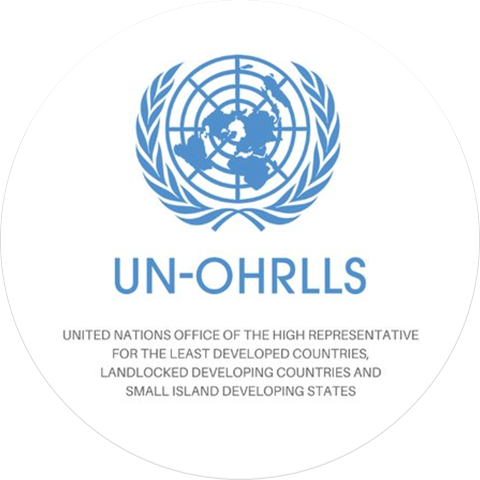
Case Story
Learning how to incorporate gender concerns into reporting

United Nations Office of the High Representative for the Least Developed Countries, Landlocked Developing Countries and Small Island Developing States
In 2001, the United Nations Office of the High Representative for the Least Developed Countries, Landlocked Developing Countries and Small Island Developing States (UN-OHRLLS) was established. Today it serves 91 vulnerable UN Member States.
It’s members include 46 Least Developed Countries (LDCs), 32 Landlocked Developing Countries (LLDCs) and 38 Small Island Developing States (SIDS). Each of these states faces international challenges, both in terms of their foreign relations and achieving sustainable development.
These states have a combined population of 1.1 billion and UN-OHRLLS exists to support these states and their residents. It does this by mobilizing support and advocating in favour of the three vulnerable country groups. It seeks to draw global attention to the pressing needs of their residents as well as their economic, social and environmental constraints and potential.
Human rights and gender equality are core guiding principles of the 2030 Agenda. In 2020, UN-OHRLLS identified a shared need: strengthening reporting in these areas as a priority for its annual office training. To carry out the training a partner was needed. This partner required two unique qualifications -- experience working across UN pillars and a sound grasp of the specific reporting requirements of the organization.
UN-OHRLLS sought a partner capable of:
- Understanding relevant gender mainstreaming frameworks and how these applied to the work of OHRLLS.
- Mainstreaming gender considerations consistently across diverse OHRLLS reporting channels.
- Addressing the OHRLLS’ specific reporting requirements, which included reports for the Secretary-General on the implementation of the Istanbul Programme of Action for the LDCs
UN-OHRLLS staff within UN headquarters.
Through its extensive experience working with and across UN pillars, the Staff College has an unmatched understanding of UN reporting requirements. That track record along with its broad course offering of made the UNSSC a natural choice for OHRLLS in its search for a partner who could develop a customized training package.
The course UNSSC designed fits the needs, budget, and timeline of OHRLLS. The course lasts two days and can be delivered online or in person. These sessions gave participants a concise, practical grounding in the OHCHR’s human rights and gender mainstreaming framework on LDCs, LLDCs, SIDs. Online lectures were interspersed with online group exercises whose goal was to give participants an opportunity to incorporate human rights and gender concerns into OHRLLS reporting and analysis.
The course was enthusiastically received by learners from OHRLLS. These UN-OHRLLS staff have gained knowledge about human rights and gender and possess a common understanding of ways to improve reporting. As a result of the training, OHRLLS is exploring ways to expand the data it publishes to include additional statistics and findings on human rights and gender. OHRLLS has determined that to strengthen the language in its reports it will also periodically consult with specialists in these areas from UN Women and OHCHR.
Thus, a spin-off benefit of the course has been the creation of collaborative partnership initiatives with OHCHR and UN Women.